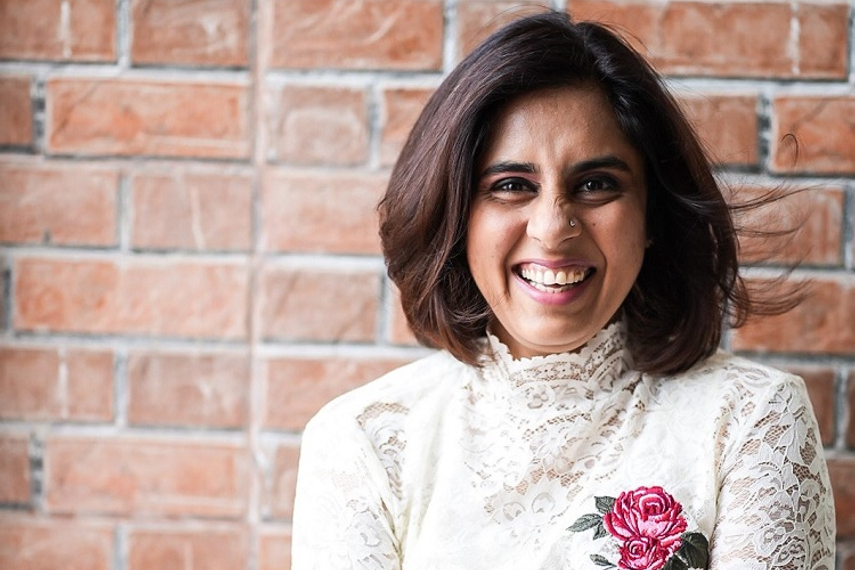
Please sign in or register
Existing users sign in here
Having trouble signing in?
Contact Customer Support at
[email protected]
or call+91 22 69489600
The author states that young people coming into the world of sports, need time and support and should be allowed to work their way to build better relationships with media, instead of fearing them

Contact Customer Support at
[email protected]
or call+91 22 69489600
Top news, insights and analysis every weekday
Sign up for Campaign Bulletins
Campaign reports from centenary bash for French agency group.
The in-office policy was updated in November, when Omnicom acquired Interpublic Group.
Despite this, the IPL set a groundbreaking online broadcasting record, with over 384.6 billion minutes of watch time.
The codes do not limit creativity. Rather, it helps unlock it–consistently, ethically, and at scale.